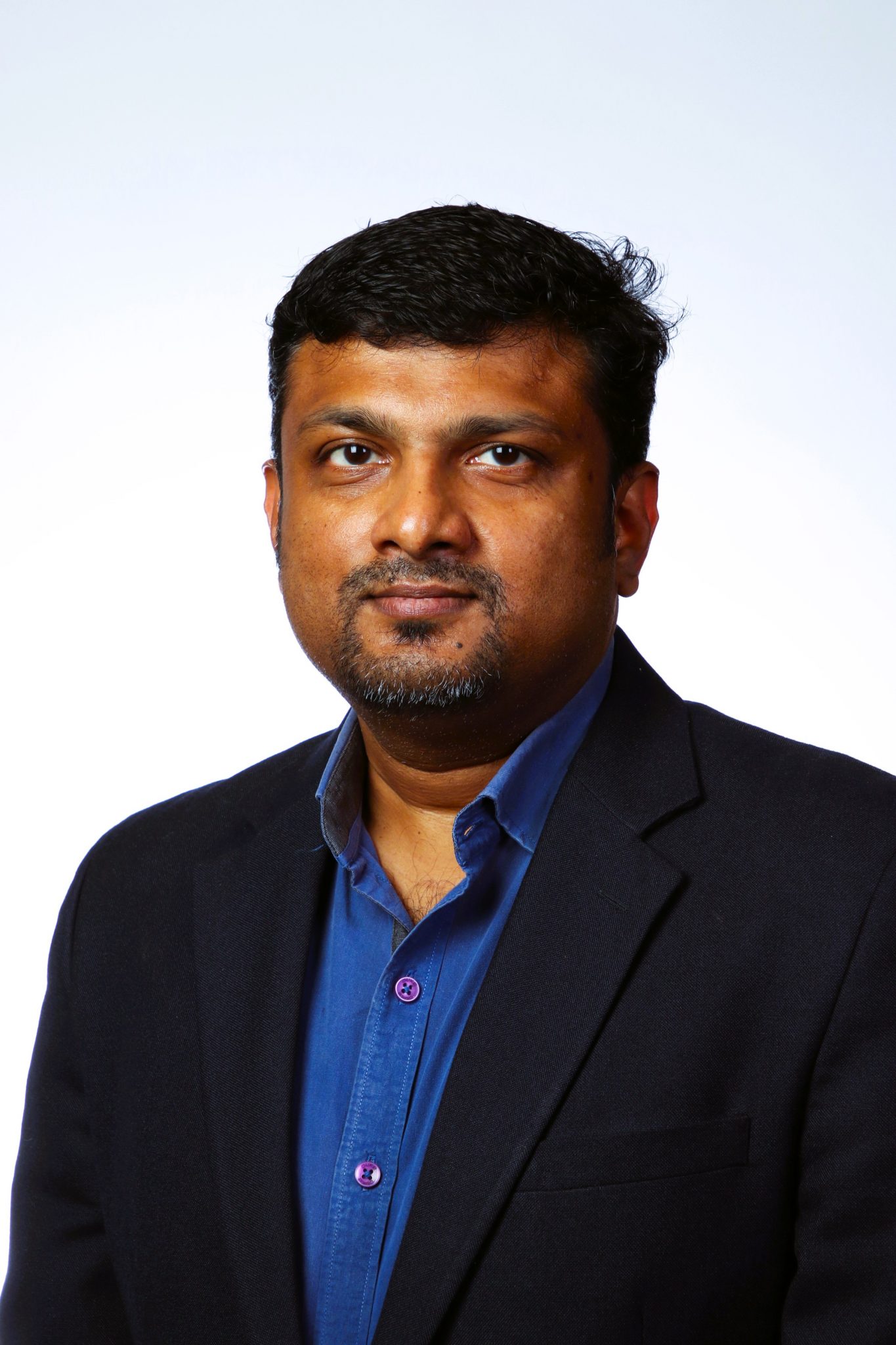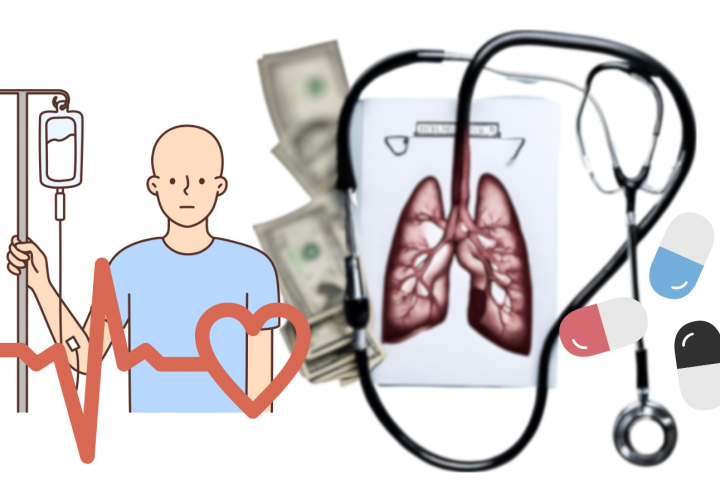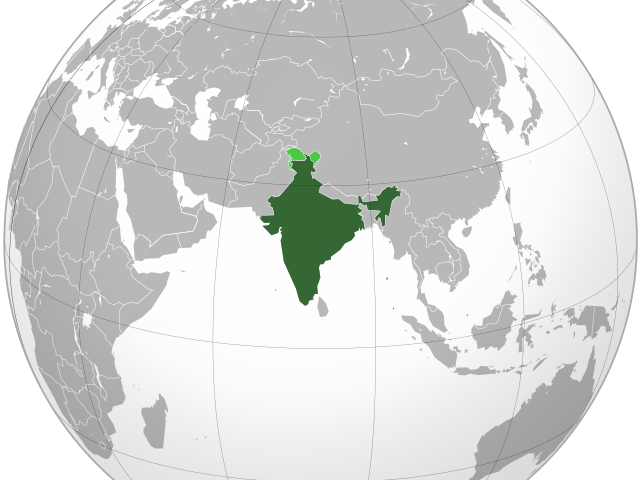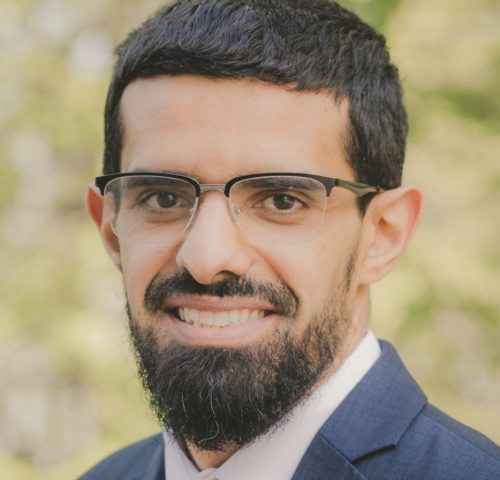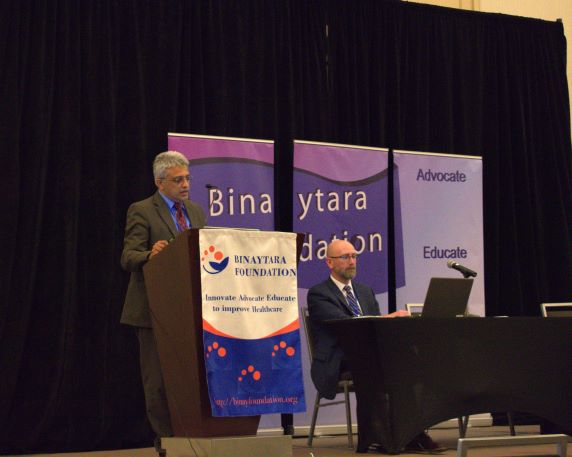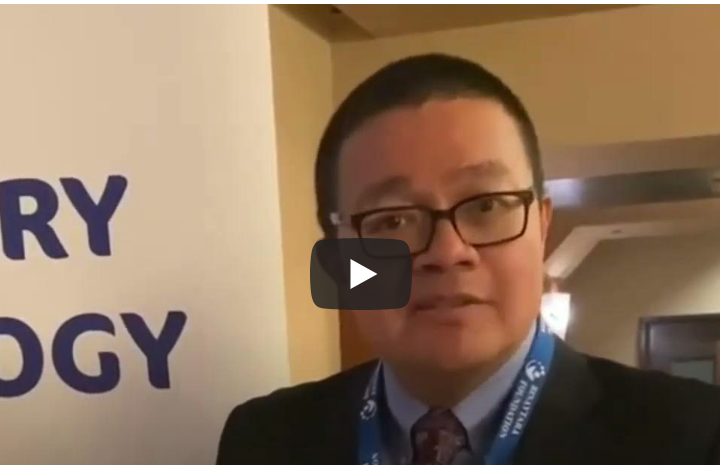By Dr. Chepsy Philip
Believers Church Medical College Hospital
Care of hematological cancers in India and other low- and middle-income countries (LMIC) has long had a disparity problem. An ever-increasing disease burden, differential capability for care, and disproportionately poor outcomes require urgent and distinct attention. Adding to these challenges is the disturbing lacunae in research efforts compounded by an absence of collaborative research groups and decrepit data capture, often seen as an additional burden on the overwhelmed human resources.
The ‘Hematological Cancer Consortium (HCC)’ is a collaborative group from India established in 2018 to fulfill this felt need for good quality, cooperative group data in hematological malignancies. It currently comprises twenty-five institutions across India that have associated to collaborate in the field of hematologic malignancies. Dr. Vikram Mathews, Professor at CMC Vellore and director, underlines this spirit of collaboration and the need for robust evidence when pitching that “Data from India should stand its ground.” Maintaining data integrity is central to the HCC’s vision to improve knowledge and promote regionally relevant research. Aiding this is the central online data capture and management system, which is independent of all the participating centers (Clinical Data Management Center [CDMC], Vellore, and is compliant with standard ICH-GCP regulations. Beyond research, the HCC conducts regular education sessions and updates on diseases, training programs, and workshops for nurses and data entry operators.
A key focus at the HCC is to conduct contextual research to address problems unique to India and identify solutions that are acceptable, accessible, and affordable. This requires “accurate identification of the magnitude of problems’ says Dr. Manju Sengar, Professor, Adult hematolymphoid disease management group at the Tata Memorial Centre. An integral pillar in founding the consortium, she asserts the need to “capture every denominator.” As an initial exercise to establish denominators, a retrospective data analysis was undertaken in ALL and AML (Indian acute leukemia research database [INwARD]), which was presented at the 60th American Society of Hematology (ASH) Annual Meeting & Exposition at San Diego in 2018.
Going forward, these registries are continuing prospectively. Utilizing data from the HCC database, more research from the consortium includes publications on adolescent ALL (DOI: 10.1111/bjh.17268) and outcomes during COVID-19 (DOI: 10.1038/s41408-021-00599-). More recently, researchers estimated the outcomes of elderly AML, Burkitt lymphoma, APML, induction mortality score in AML, and the influence of COVID-19 across five abstracts presented at the ASH Annual Meeting & Exposition in New Orleans in 2022. They also reported from the first multicenter investigator-initiated clinical trial in India involving nine centers on CML (https://ash.confex.com/ash/2022/webprogram/start.html). Ongoing research includes a phase III study on APML.
HCC is an influential and pioneering effort in India that emphasizes that bringing together a multitude of professionals on a common platform with a shared goal is possible. In LMICs, where resources are limited and access to health care is far from universal, such consortiums can help inform practice and drive policies so that cancer care’s intended outcomes are relayed to patients.


